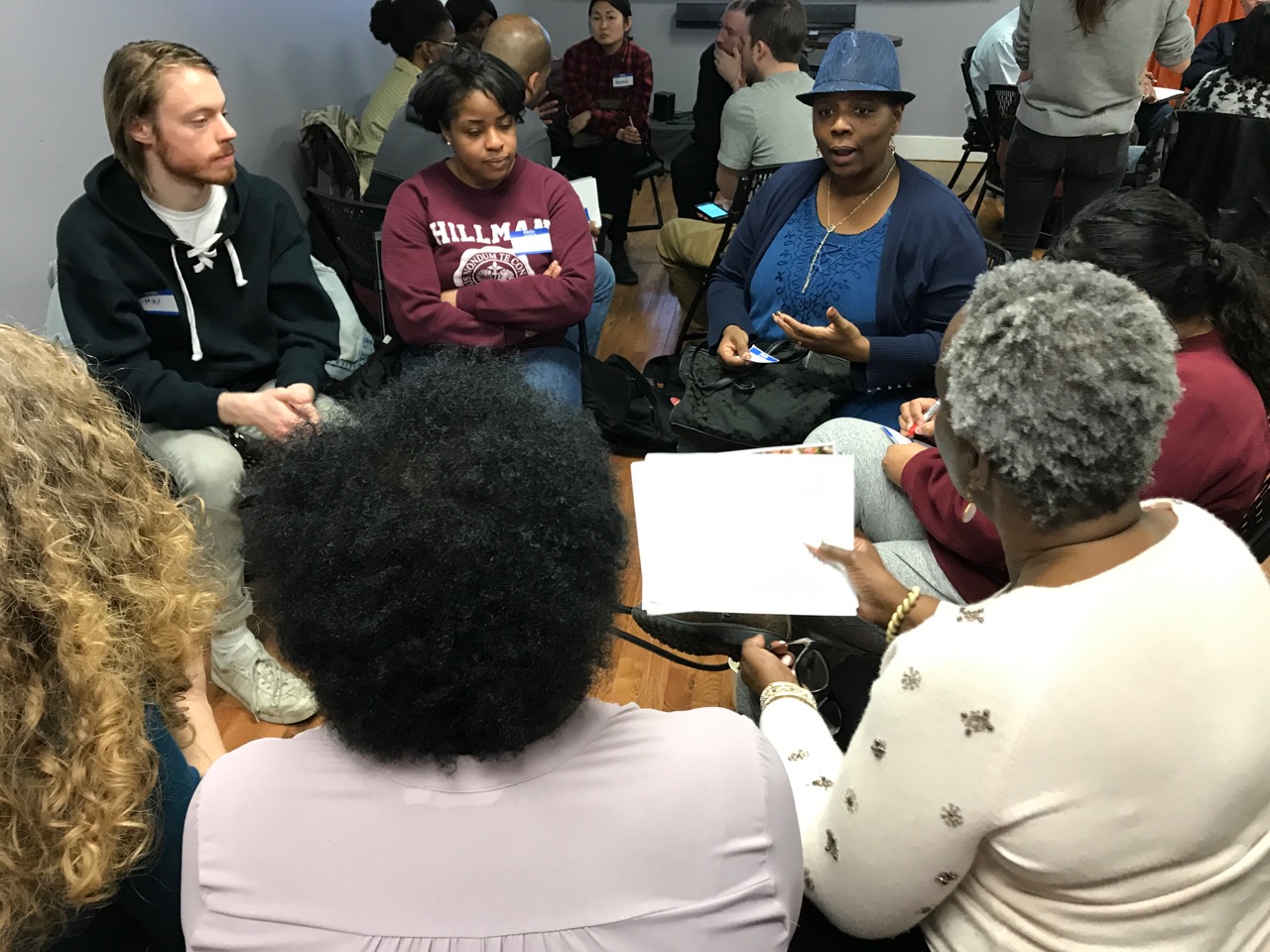Andrea Wenzel, an assistant professor of journalism at Temple University’s Klein College of Media and Communication, is the author of the new book Community-Centered Journalism: Engaging People, Exploring Solutions, and Building Trust. The book explores how community-centered journalism, which prioritizes relationships between communities and local journalists, is a more collaborative and meaningful approach to journalism when compared to traditional methods. Wenzel hopes that the book offers ways for community-centered journalism practitioners, media scholars and curious readers to think about how journalism can be adjusted to better serve communities.
Before receiving her doctorate, Wenzel worked in radio and other media for 15 years as a producer, editor, international media development trainer and consultant. Throughout her career, she was frustrated that communities had justifiable reasons not to trust journalism coverage and that journalists were not taking opportunities to build relationships with community members. In response, Wenzel started experimenting with solutions journalism and engaged journalism, which add solutions-oriented and community-involvement approaches to the discipline. She also became a fellow of Columbia University’s Tow Center for Digital Journalism and the cofounder and research coordinator of the Germantown Info Hub, a community journalism project in Philadelphia.
The book is the result of Wenzel’s first hand research, bringing together applied theory, interviews with other community-centered journalism practitioners and case studies of community-centered journalism initiatives around the U.S. In the book, she argues for a process model of community-centered journalism that considers a particular location’s stakeholders in its community coverage. Therefore, each community will ultimately have different needs from their journalists.
A review of the book written by Dan Kennedy, a professor of journalism at Northeastern University, applauds Wenzel for her impressive accounts of community-centered journalism that has the potential to cross cultural boundaries and amplify voices of marginalized communities. “Communities and journalism are dependent on one another. If we can learn to get along at the local level, maybe that can have some effect on our hopelessly fractured national culture. Wenzel has made an important contribution by showing us how we might get started,” Kennedy writes.
Although the book was written before changes in media coverage caused by the ongoing COVID-19 pandemic went into effect, Wenzel is confident that the tenants of community-centered journalism will not change.
“The processes behind doing community-centered journalism still apply even though you can’t do face-to-face engagement,” she says. Wenzel believes that journalists can use communication technology to build and maintain community relationships but it is also important to be mindful of who has access to such technologies and how to involve those who do not.
Wenzel recently gave a virtual talk for Klein’s Graduate Speaker Series about her new book and effective community-centered journalism practices. A full recording of the event will be available shortly on Klein’s YouTube channel.

